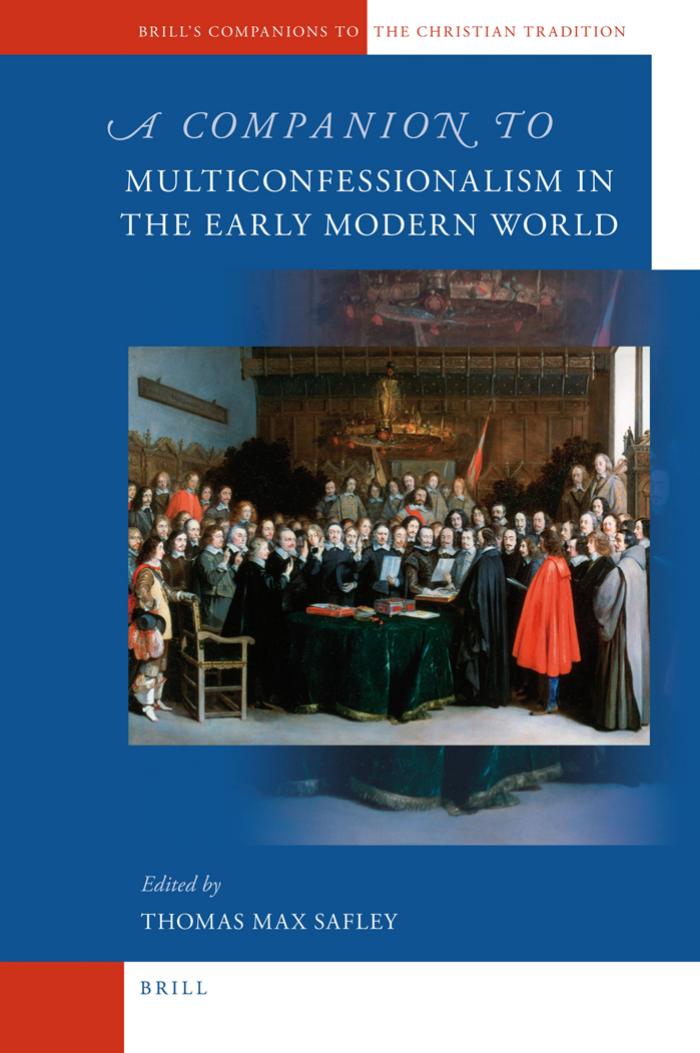

Most ebook files are in PDF format, so you can easily read them using various software such as Foxit Reader or directly on the Google Chrome browser.
Some ebook files are released by publishers in other formats such as .awz, .mobi, .epub, .fb2, etc. You may need to install specific software to read these formats on mobile/PC, such as Calibre.
Please read the tutorial at this link: https://ebookbell.com/faq
We offer FREE conversion to the popular formats you request; however, this may take some time. Therefore, right after payment, please email us, and we will try to provide the service as quickly as possible.
For some exceptional file formats or broken links (if any), please refrain from opening any disputes. Instead, email us first, and we will try to assist within a maximum of 6 hours.
EbookBell Team

4.7
46 reviewsIn the sixteenth century, the Christian church and Christian worship fragmented into a multiplicity of confessions that has grown to the present day. The essays in this volume demonstrate that multiconfessionalism, understood as the legally recognized and politically supported coexistence of two or more confessions in a single polity, was the rule rather than the exception for most of early modern Europe. The contributors examine its causes and effects. They demonstrate that local religious groups across the continent could cooperate with confessional opponents and oppose political authorities to make decisions about their religious lives, depending on local conditions and contingencies. In so doing, this volume offers a new vision of religion, state, and society in early modern Europe.
Contributors include: Bernard Capp, John R. D. Coffey, Jérémie Foa, David Frick, Raymond Gillespie, Benjamin Kaplan, Howard Louthan, David Luebke, Keith Luria, Guido Marnef, Graeme Murdock, Richard Ninness, Penny Roberts, Jesse Spohnholz, Peter Wallace, Lee Palmer Wandel.